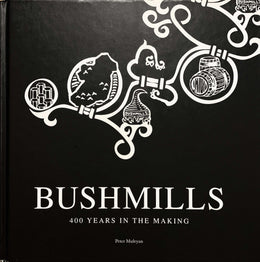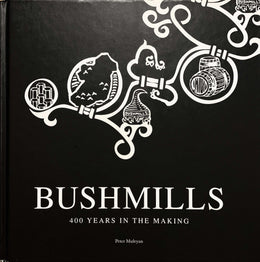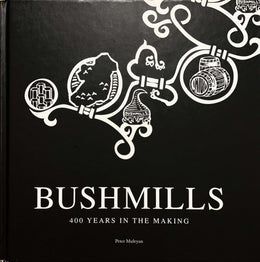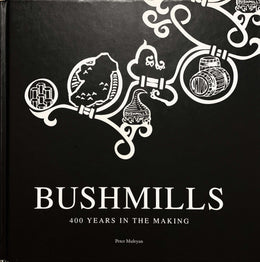The decades that followed the introduction of the Still Tax in 1779 have become known as ‘The Poteen Years'. Legitimate operations like the newly established Bushmills disappear from the records; these distilleries either went out of business or joined the black market.
Those whiskey makers that stayed on the right side of the law had to battle for survival. The only way they could get ahead of the Excise was to charge and recharge their stills more often than was permitted. With a fixed tax payable on the theoretical output of a still, distillers made their money by squeezing in as many extra distillations as they could. As a contemporary Excise officer put it, "no matter how good a distiller, unless he can work rapidly he would be ruined in Ireland".
This shoddily made 'Parliament whiskey' soon earned itself a bad reputation, while the reputation of carefully made, but illegal, poitin grew and grew. By 1820 the Revenue estimated that half of all the spirits consumed in the United Kingdom came from either smugglers or illicit stills.
By 1823 there were just 20 legitimate distilleries operating in Ireland. Aeneas Coffey, an Excise officer in Donegal estimated that on Ulster's Inishowen peninsula, just across a narrow stretch of water from the Coleraine Excise district, there were at least 800 illegal stills. We also know the poitin from Inishowen was being openly sold as far away as Dublin. There is even a record of 50 gallons being seized in Belfast: ironically this particular consignment came from Toomebridge on the shores of Lough Neagh, the homeland of Sir Thomas Phillips.
As American Prohibition was to show a century later, taking the manufacture and sale of alcohol out of the hands of legitimate business and driving it underground only ends in anarchy. The gangsters of 19th-century Ireland were in equal parts ruthless and clever. These `moonshiners' were heavily armed, and vicious running battles with Excise were commonplace. During one of these clashes the aforementioned Coffey suffered a cracked skull and had a bayonet plunged twice through his thigh. He survived to become Inspector General of Excise. Others however weren't so lucky. As another Excise man, G.E. Howard, wrote:
"Revenue officers are frequently assaulted, wounded and sometimes killed in the execution of their duty".

By the end of 1823 it was clear that the government had got it very wrong. The old Still Tax was dropped and from now on distillers only paid duty on what they produced. The effect was drastic and immediate. In 1821 there were just 32 licensed whiskey makers in the land, mushrooming to 93 by 1835.
Written by Peter Mulryan
The text is an excerpt from "Bushmills: 400 Years in the Making" (pp. 27 - 28), written by Peter Mulryan, published 2008 by Appletree Press Ltd.







